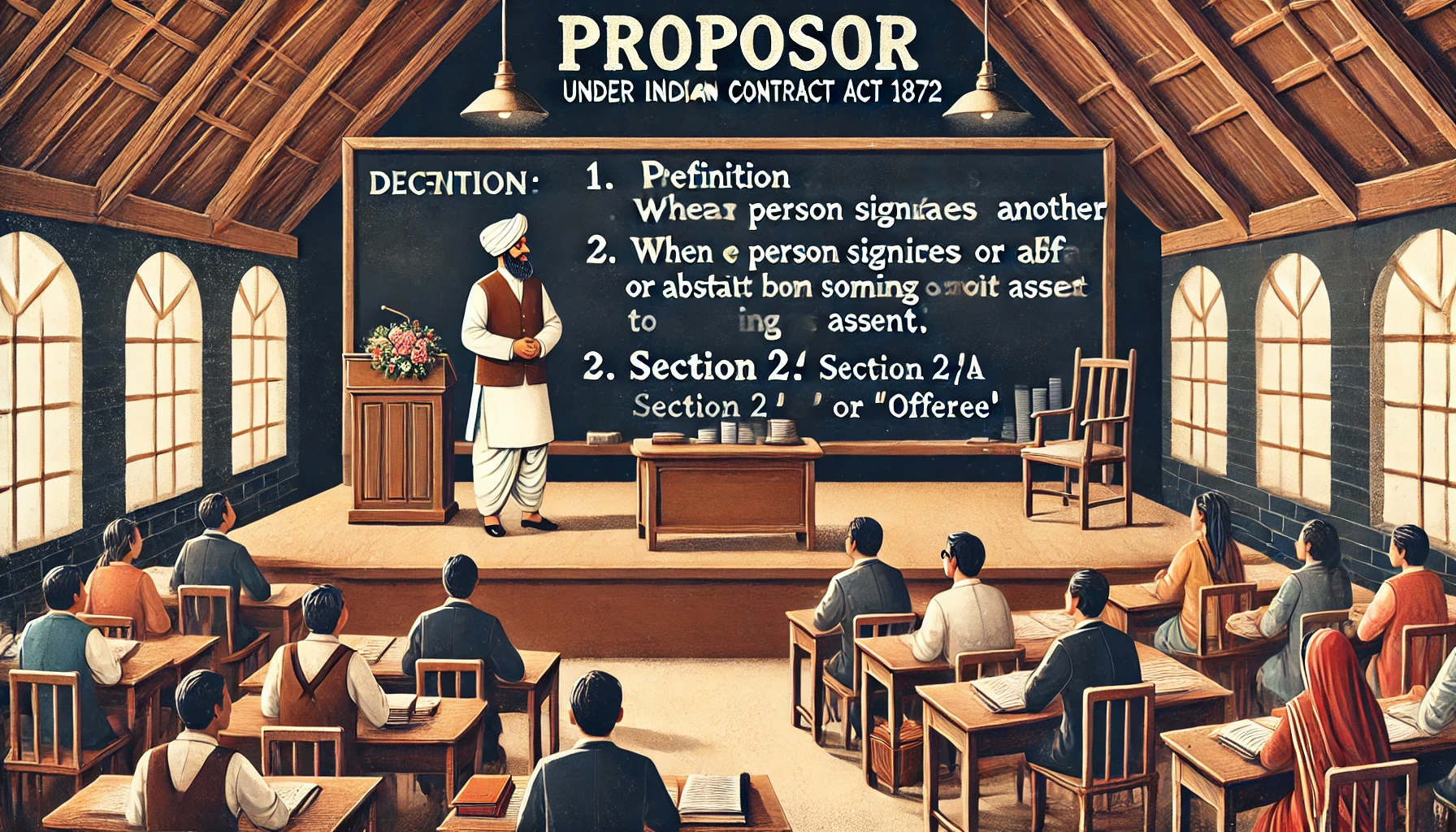Standard Form Contracts
Standard-form contracts are common in modern business transactions, ranging from consumer purchases to complex commercial deals. These contracts are pre-drafted and presented to parties on a "take-it-or-leave-it" basis, with little or no opportunity for negotiation or customization. While standard-form contracts can offer convenience and efficiency, they can also pose significant risks to parties due to unequal bargaining power and the potential for unfair or unreasonable terms.
What is a Standard-Form Contract?
A standard-form contract is a pre-written agreement where the terms and conditions are non-negotiable, usually drafted by one party and presented to the other party for signature. These contracts are also known as adhesion contracts or boilerplate contracts.
In India, standard-form contracts are recognized under the Indian Contract Act, 1872. Although the Act does not provide a specific definition for standard-form contracts, it acknowledges their existence. Section 23 of the Act states that any contract that involves a certain degree of unfairness or unconscionability, or is against public policy, is void. This provision applies to standard-form contracts as well. Any clause in such a contract that is found to be unconscionable or against public policy can be declared void.
Use of Standard Form Contracts
The purpose of standard form contracts is to simplify the contracting process by providing a pre-written set of terms and conditions that can be applied to a large number of transactions. These contracts are often used in situations where one party has significantly more bargaining power than the other, such as in consumer or employment contracts.
Standard form contracts save time and resources by eliminating the need for negotiations and the individualized drafting of contracts for each transaction. However, they can also be used to exploit consumers or other parties who may not fully understand the contract's terms and conditions. These contracts are commonly used in sectors such as insurance, banking, and telecommunications. They often contain a lot of legal jargon, making the terms and conditions difficult for the average consumer to understand.
Why Do People Accept Standard Form Contracts?
- Convenience: Standard form contracts are quick and easy to use. They come with pre-drafted terms, so you don't have to spend time negotiating or customizing them. This can save a lot of time and effort, especially when the transaction is straightforward and routine.
- Familiarity: These contracts are commonly used in many industries, so people are often comfortable with them. They're familiar and feel like a standard part of doing business, making them easier to accept without much thought.
- Limited Bargaining Power: Sometimes, people feel like they don't have much say in the terms of the contract, especially when dealing with larger companies. They might think that the terms are non-negotiable and that they have no choice but to accept them, even if they're not ideal.
- Lack of Legal Knowledge: Not everyone has the legal know-how to negotiate or draft contracts. Using a standard form contract can be a way to ensure that all the necessary details are covered without having to worry about missing something important.
- Cost-Effective: Customizing or negotiating a contract can be expensive, particularly for small businesses or individuals. Standard form contracts are a cheaper option, as they avoid the need for costly legal services.
Legal Status of Standard Form Contracts
The legal status of standard form contracts in India is that they are considered legally binding agreements, provided that the parties involved have freely and voluntarily agreed to the terms. As with any contract, the enforceability of a standard form contract depends on the absence of coercion, undue influence, or misrepresentation, and the contract must not contain any terms that are unconscionable or against public policy. If these conditions are met, standard form contracts are valid and enforceable under Indian law.
Important Rules Related to Standard Form Contracts
- Contra Proferentem Rule: This rule states that any ambiguity in the contract terms will be interpreted against the party that drafted the contract. This helps prevent the stronger party from benefiting from unclear language.
- Unconscionability Doctrine: Contracts or specific terms that are excessively unfair or oppressive to one party may be deemed unconscionable and thus unenforceable. This protects the weaker party from exploitative terms.
- Reasonableness Test: Courts may assess whether the terms of a contract are reasonable, especially when it comes to exclusion or limitation clauses. If a term is found to be unreasonable, it may not be enforced.
- Notice of Unusual Terms: The party offering the standard form contract must give sufficient notice of any unusual or unexpected terms. If the weaker party is not adequately informed, those terms may not be enforceable.
- Right to Fair Hearing: In some jurisdictions, the weaker party may have the right to challenge the terms of a standard form contract in court, ensuring that their interests are fairly represented.
Doctrine of Unconscionability
Under the doctrine of unconscionability, a court may refuse to enforce a contract if it is found to be excessively unfair or oppressive to the weaker party. If the terms of a contract are overly harsh or one-sided, the court may declare the contract void or modify the terms to make them more equitable.
Statutory Protections
Certain statutes have been enacted to protect consumers, employees, and other vulnerable parties in standard form contracts. For example, the Consumer Protection Act, 2019, allows consumers to file complaints against unfair trade practices and promotes fair competition.
Implied Terms
In some instances, courts may imply certain terms into a contract to safeguard the interests of the weaker party. For instance, in employment contracts, courts may imply a duty of good faith and fair dealing on the part of the employer towards the employee.
Duty to Disclose
The party with greater bargaining power has a duty to disclose any relevant information that may affect the weaker party’s decision to enter into the contract. Failure to disclose such information can lead to the contract being declared void.
Right to Rescind
The weaker party may have the right to rescind the contract if they were induced to enter into it through misrepresentation, fraud, or undue influence.
Landmark Cases on Standard Form Contracts
Road Transport Corporation v. Kirloskar Brothers
The court held that contractual terms must be properly communicated to the party expected to be bound by them. In this case, if the consignment note containing terms excluding the jurisdiction of certain courts is not signed at the time of delivery of goods, those terms are not binding on the consignor or consignee. The court emphasized that there should be reasonable notice of contractual terms.
Lily White v. Munuswami
In this case, the court ruled that even if a dry cleaner issues a receipt stating that their liability is limited to 50% of the value of the item, they are still liable to pay the full cost if they lose a customer's new saree. The court stressed that the terms of the contract must be reasonable.
Conclusion
Reasonable and fair contractual terms are crucial for maintaining a healthy business relationship. Legal rules and protections, such as the duty to disclose, the right to rescind, statutory protections, and implied terms, are essential to prevent unconscionable terms and protect the weaker party. It is also important to have a written contract that accurately reflects the agreement between the parties and to fulfill obligations in good faith without misrepresentation.
Share
Related Post
Tags
Archive
Popular & Recent Post



















































































































Comment
Nothing for now